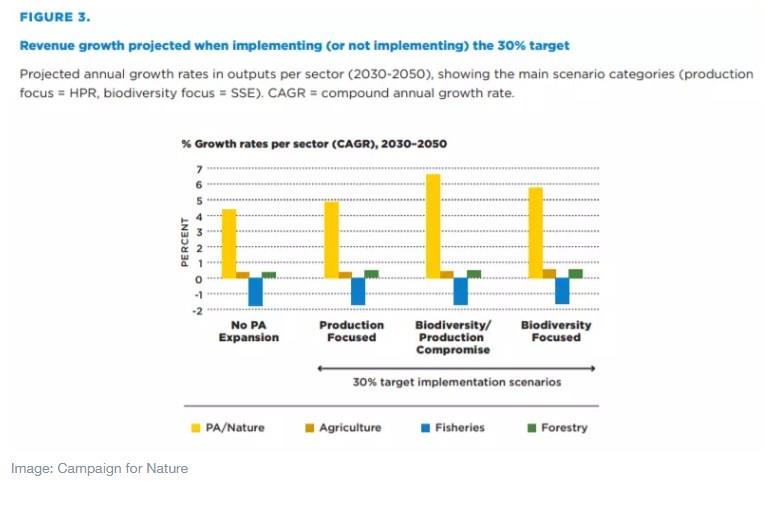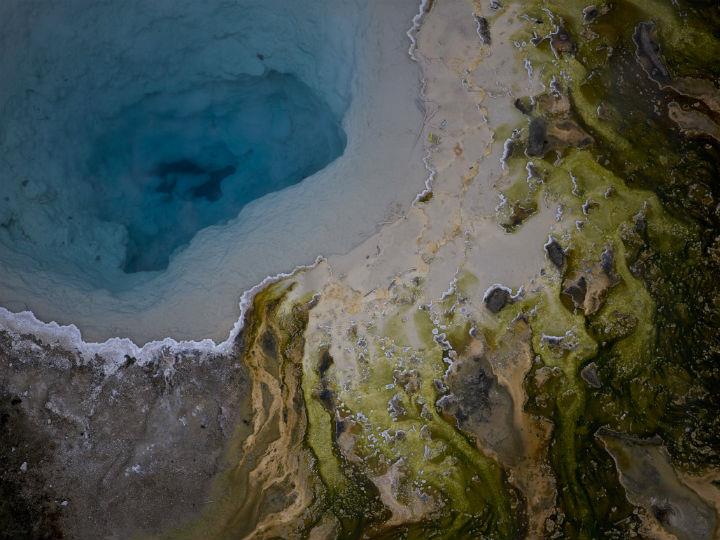by Kristin Rechberger*
In 2020, humanity is living the consequences of our broken relationship with nature. We have over-exploited biodiversity to the point of a human-created Sixth Extinction, exacerbated by human-created climate change.
Biodiversity, short for ‘biological diversity’ refers to all the variety of life that can be found on Earth (plants, animals, fungi and micro-organisms) as well as to the communities that they form and the habitats in which they live. Humanity lives off those communities and habitats of other species – through the oxygen we breathe, the fresh water we drink, the food we eat, and the societies and economies we build.
We convert their energy to ourselves. Therefore when they weaken or go extinct, it endangers us. We have converted too much land and sea for our species of 7.8 billion individuals and taken far more than our fair share, often for free, at our own life-threatening risk.
The world-changing coronavirus, previous zoonotic diseases and many pathogens are a direct result of under-investing in nature and over-exploiting it through short-term extraction and ongoing encroachment including through our design and expanse of industrial agriculture, forestry and fishing. There are few safe buffer zones left between humans and other species that have had the time to evolve with other organisms - like the coronavirus that has killed more than 500,000 people in the last 6 months but can live in wild bats and pangolins without killing its hosts.
What if we actually invested in nature to do its job and provide for us – and how much would it cost?
A comprehensive report, Protecting 30% of the planet for nature: costs, benefits and economic implications, has arrived just in time. It concludes that the benefits of protecting 30% of the world’s land and ocean outweigh the costs by a factor of at least 5:1. This economic assessment follows the urgent call from scientists to protect at least 30% of the earth’s land and sea by 2030 to halt the collapse of biodiversity.
The IMF estimates that $10 trillion has been spent so far on official COVID-19 support measures worldwide, and forecasts global GDP will contract by an unprecedented 4.9% in 2020. Protecting 30% of the world’s land and ocean would require just 0.016% of global GDP. This seems like a very low insurance premium and incredibly safe bet on a system that has proven its sound productivity for over 3 billion years.

Expanding protection to at least 30% of the world’s land and ocean and effectively managing it would require an average investment of $140 billion annually (the report estimates a range of $103-178 billion, depending on which areas are protected) by 2030, which is less than one-third of the government subsidies currently directed to activities that destroy nature. This investment would mean short-term net costs, but they would be offset by financial benefits over time.
The shocks from COVID-19 have painfully and miserably revealed the flaws and injustices in our economic, political and social systems. Maybe it’s a universal plea from our planet. Maybe it’s divine intervention. Maybe we’ve hit the wall after kicking the can down the road for too many generations. Whatever it is – here we are. And, in this horrible moment, we have a once-in-a-lifetime opportunity to reset where we want this trajectory to go – not just for us, but for future generations of all of life and its diverse, rich magnificence.
Charles Darwin said: “It is not the strongest of the species that survives, nor the most intelligent that survives; it is the one that is the most adaptable to change.” Will we evolve to invest in the foundation of our existence and re-broker our deal with nature for our own long-term gain? Can we stop exploiting the rest of life’s creation for our own purposes? Will we bend our economic and political systems to serve not just today, but tomorrow?
Human ingenuity, innovation, and collaboration have brought us this far. But we must push through with every tool at our disposal, including science, data and technology to align truth with transparency, effective management to avoid sinful waste, and compassionate and loving leadership and kindness towards each other and the rest of life on this planet.
Nature knows what to do. We do too.
First, we need to keep at least half of our planet in a natural state – and protect 30% of it by 2030. Other species have jobs, homes and families just like us. We benefit from their productivity and energy. Let’s invest in them as they are our most cost-effective insurance towards stability and free services. They’ll not only help us avoid misery, they are magical and glorious in their own right.
In addition to doubling down on what is left of the wild, we need to responsibly manage the rest. If we do so we can support the anticipated global population of 10 billion people by 2050. There are wonderful, illustrative projects in responsible tourism, regenerative agriculture, and sustainable fishing and forestry, that can be scaled for local communities to steward local resources in ways that allow people to live in harmony with nature for the long run, and build resilient supply chains from the ground and water up.
We increasingly have satellite monitoring and on-ground data to add traceability and transparency to track where our food and fibers come from, who is putting in the hard work of creating them, and how they can be compensated more fairly. The quicker we can provide the technical assistance, bridge financing, and enabling policies to those closest to the ground, the more nature and consumers will benefit from a truly inclusive, resilient economy. But it all starts from the foundation of those that were here long before us that we all take for granted – all the other species that live on Earth.
*Chief Executive Officer, Dynamic Planet
**first published in: www.weforum.org




 By: N. Peter Kramer
By: N. Peter Kramer
